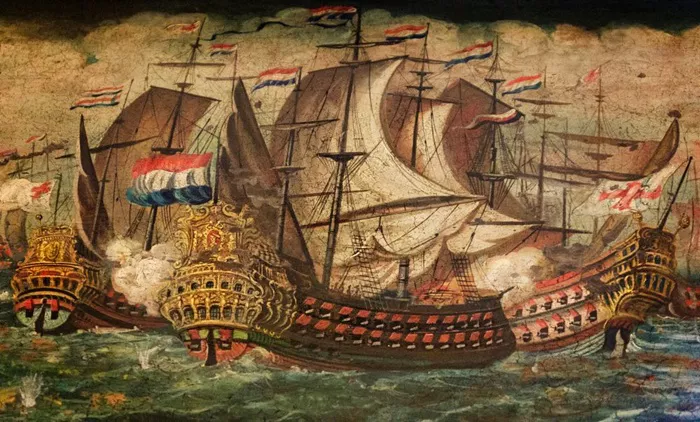January 29 has witnessed several significant events throughout British history. This article explores these events in detail, highlighting their historical context and implications.
What Happened on January 29 in British History?
Sir Francis Drake’s Burial at Sea (1596)
On January 29, 1596, Sir Francis Drake, one of England’s most renowned seamen and adventurers, was buried at sea. Drake was a key figure during the Elizabethan era, known for his exploits against the Spanish Armada and his circumnavigation of the globe. His burial occurred off the coast of Portobelo, Panama, after he succumbed to dysentery. The Spanish were relieved by his death, as he was considered a formidable adversary who had caused significant damage to their interests in the Americas and at sea. His legacy remains a complex mix of admiration and controversy, as he is remembered both as a national hero and a pirate by some historians.
Death of King George III (1820)
Another pivotal event on January 29 occurred in 1820 with the death of King George III at the age of 81. His reign lasted for over 59 years, making him the longest-serving monarch at that time. George III’s rule was marked by significant events such as the American Revolutionary War, which ultimately led to the loss of the American colonies. His later years were plagued by mental illness, which affected his ability to govern effectively. Following his death, George IV ascended to the throne, marking a transition in British monarchy characterized by a more extravagant royal lifestyle.
Institution of the Victoria Cross (1856)
On January 29, 1856, Queen Victoria instituted the Victoria Cross (VC), Britain’s highest military decoration for valor “in the face of the enemy.” The creation of this award was a response to the bravery displayed during the Crimean War. The VC is unique not only for its prestigious nature but also for its design; it is made from the metal of cannons captured from Russian forces at Sevastopol. This decoration has since become synonymous with extraordinary acts of bravery in military service and is awarded to members of the British Armed Forces and Commonwealth nations.
Birth of Horatia Nelson (1801)
The birth of Horatia Nelson on January 29, 1801, marked an important personal event in British history. She was the illegitimate daughter of Admiral Lord Nelson and Emma Hamilton. Nelson had expressed a desire for Horatia to carry his name and provided for her in his will. Her life reflects not only personal stories within British aristocracy but also highlights societal attitudes towards illegitimacy during that era. Horatia’s upbringing and eventual marriage also provide insights into the lives of women connected to prominent figures in British history.
Trials of British Tanks (1916)
In a more modern context, January 29, 1916, saw the first trials of British military tanks in Hertfordshire during World War I. This development was part of an effort to overcome the stalemate of trench warfare that characterized much of the conflict. The introduction of tanks represented a significant technological advancement in warfare, aimed at breaking through enemy lines and providing support to infantry units. The success and subsequent deployment of tanks would change military tactics significantly in future conflicts.
Death of Field Marshal Douglas Haig (1928)
Field Marshal Douglas Haig passed away on January 29, 1928. He was a prominent British commander during World War I and is best known for his leadership during key battles such as the Somme and Passchendaele. While he was initially celebrated as a war hero, his legacy became controversial over time due to the high casualty rates associated with his strategies. Critics labeled him “Butcher Haig” because millions died under his command. His death marked a moment for reflection on military leadership and strategy during one of Britain’s most devastating conflicts.
Conclusion
January 29 has been marked by diverse events that have shaped British history across various domains—military achievements, royal transitions, cultural developments, and technological advancements. Each event contributes to our understanding of Britain’s past and its evolution over time.This exploration serves not only as a historical account but also as an invitation to reflect on how these events resonate within contemporary society and influence current perspectives on leadership, bravery, and national identity.
Related Topics:

